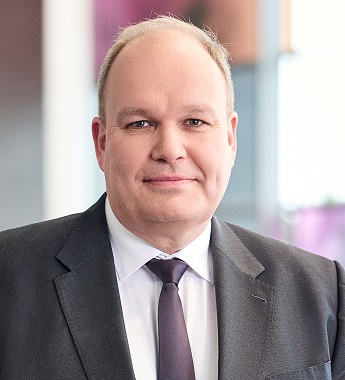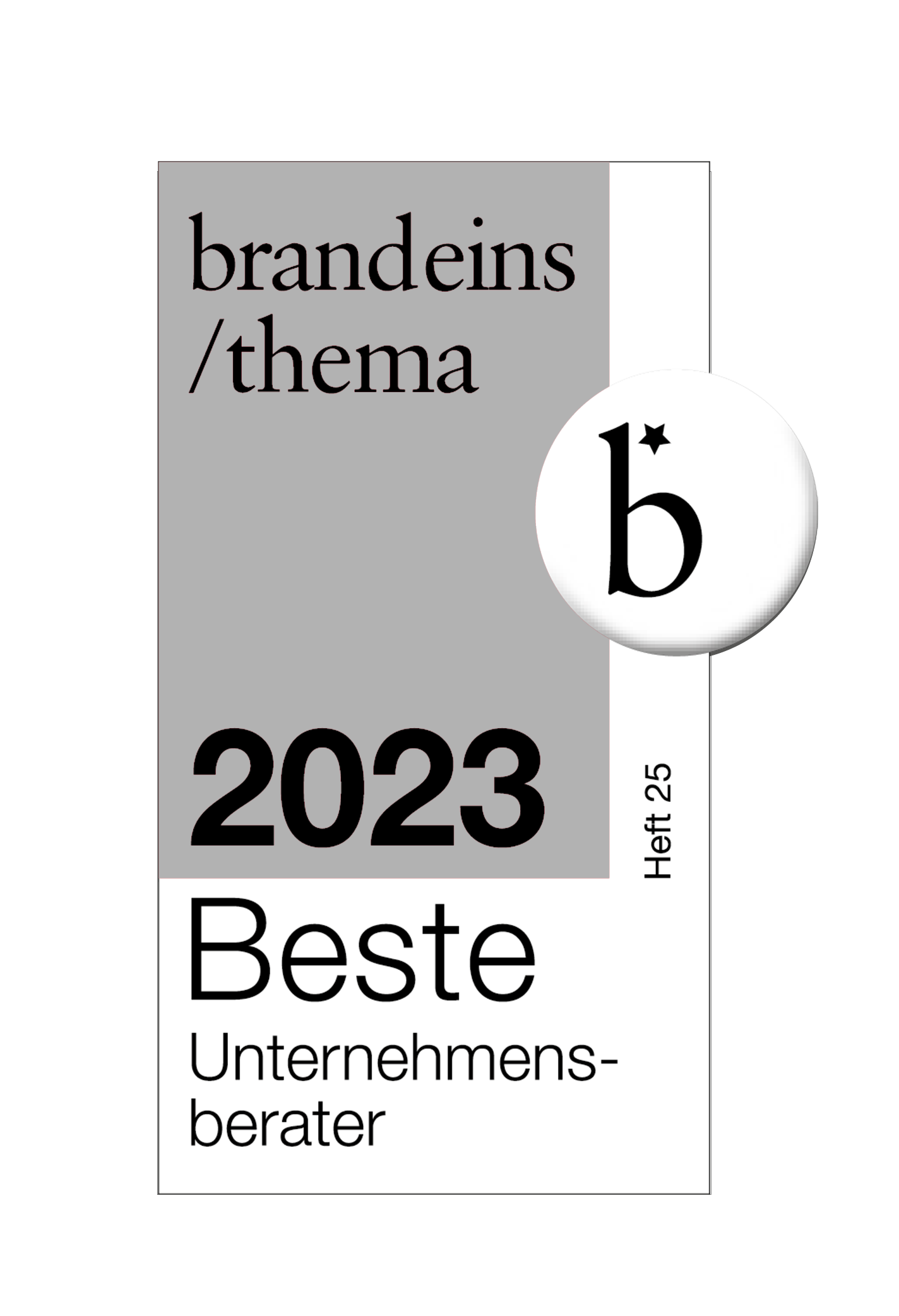LIFE AFTER THE CRISIS
–
THE "NEW NORMAL" AND THE EVOLUTION OF ECOSYSTEMS
By Karsten Redenius
member of the board of directors at msg systems ag
There will be an end to the global crisis caused by the unchecked spread of the coronavirus around the world – even if we still see new sources of infection or do not manage to develop a permanent vaccine. Societies and organizations cannot continue to function in a state of emergency for the duration. Naturally, a return to normal does not mean a blind continuation of how things used to be. Instead, it will mean resuming major, long-term projects, but from a perspective that integrates the experiences gained from the crisis and renders its dynamics more manageable in the future. This is particularly true in regard to the philosophy and structure on which ecosystems are based.
Radical change a basic requirement
What exactly does that mean? Firstly, a willingness to take a collaborative approach to ecosystems. In the past, the primary concern always focused on identifying new business potential for your company: would ecosystems – such as in transportation, healthcare systems, utilities or smart cities – open up new ways to bring existing products and services to the market? This perspective, however, has proven not to be radical enough to effectuate profound change or to handle the dramatic shocks or upsets that effect society as a whole. Thus, the strategic focus must be on business models that generate lasting added value through trusting collaborations with a variety of players and that allow fast scalability. These types of business models can only be created and developed with the customer (citizens, patients) in mind – and not just based on the company’s portfolio. To do so, it is essential to understand the changes an event like the corona pandemic effectuates in both individual and collective behavior and that understanding must be used as the basis for creating ecosystems – and for positioning your company.
The current shift in behavior is still somewhat difficult to describe as events remain dynamic. However, a few trends can already be seen. Take healthcare, for example, where for years now real progress toward a comprehensive, efficient ecosystem has proven nearly impossible when individual participants – whether insurance companies, pharma companies or clinics, just to name a few – focus on their own position and their own portfolio and try to define customer well-being from that perspective.
Customer benefits as a starting point
During the first weeks of exponential virus spread, it could be observed how deep-rooted structures began to shift, almost in time-lapse: global perfume manufacturers converted their production to disinfectants, car manufacturers used their supply chains to procure protective equipment for the federal government from abroad and textile companies ramped up the production of face masks. Behind this acute effort to manage the crisis, a far-reaching shift could be seen in these processes, a radical shift in perspective. The question was no longer how the existing product portfolio could be used to generate new channels of revenue in ecosystems, but how existing production capacities, networks, experience and competence could be used to create customer value. In order words, it was generalizable skills and assets that needed to be contributed to collaborative ecosystems, and not simply the existing portfolio, in order to achieve real progress.
If we take this shift in perspective seriously, the “new normal” can be more than simply easing out of a state of emergency and slowly going back to where we were before the virus interrupted our way of life. We have the chance to establish a more stable and resilient basis for the evolution of our institutions and the growth of our companies and, through future-oriented ecosystems, answer the major strategic questions of the next few years with confidence.
"Naturally, a return to normal does not mean a blind continuation of how things unsed to be."
"The strategic focus must be on business models that generate lasting added value through trusting collaborations with a variety of players."
"A far-reaching shift can be seen behind this acute effort to manage the crisis."
Find out more

Karsten Redenius
We are looking forward to hearing from you!
Further topics
-

Minimum Viable Organization
Developing hot spots of the digital organization in a targeted manner.
- 1
- 1
-

Drive safely on black ice
Strengthen the self-confidence of the organization during corona crisis.
- 1
What we provide
-
We are defined by our in-depth knowledge of the structures, trends and future opportunities of our core industries!
Industry-expertise
-
From the boardroom to the shop floor, we understand the challenges of the key functions!
Functional expertise
-
We create growth and efficiency drivers using smart technologies, systems and data analytics!
Data and technology
-
We develop cross-industry digital ecosystems for the business models of the future!
Ecosystems of the future
-
We develop future scenarios and design implementation-oriented transformation roadmaps!
Thought leadership
- 1



